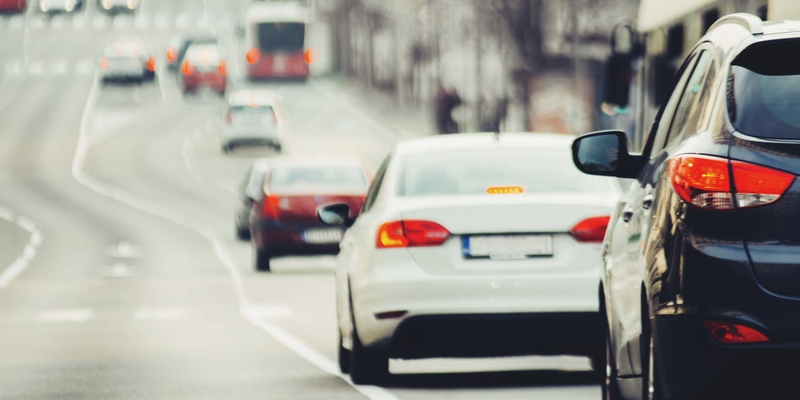
If you are not redirected within 30 seconds, please click here to continue.
Samedi: 10h – 16h HAE

If you are not redirected within 30 seconds, please click here to continue.
If you are not redirected within 30 seconds, please click here to continue.
This article has been updated from a previous version.
You’ve received a ticket for a traffic violation, and if this is your first one, you may feel confused and overwhelmed about what to do next.
Should you dispute the ticket? Should you pay the fine immediately? What will happen to your car insurance rate? These are a few of the questions that might pass through your mind. Fortunately, dealing with a traffic violation is generally straightforward.
If you receive a ticket
Most tickets are given when a driver is pulled over by a law enforcement officer or due to a collision. If the police pull you over, it is important to co-operate with the officer:
- When you see the red lights (or hear the siren) of a police vehicle behind you, pull over to the right side of the road and come to a stop.
- Remain seated in your vehicle unless the officer advises otherwise.
- Be prepared to provide the officer with your driver’s licence, vehicle registration, and proof of insurance document. Tell the officer where these documents are located before you reach for them.
- Turn on your interior light if you’re stopped when it’s dark.
- If you have passengers with you, tell them to stay seated, remain quiet, and co-operate with any instructions that the officer may give.
- If you don’t understand why you’ve been pulled over, ask the officer to explain why you’re receiving the ticket and what to do with it.
- If you are issued a ticket, accept it. Accepting a ticket is not an admission of guilt.
If you feel that the ticket is undeserved, you can contest it in court through the appropriate legal channels. Do not try to argue with the officer at the scene, as it will likely not get you out of the ticket and will only make the experience more frustrating.
What your options are if you are ticketed
The type of ticket you receive will help to determine your next step. If you get a ticket for speeding or running a red light, for example, the options available to you are usually on the back of the ticket. Typically, these include:
- Pleading guilty by paying the fine
- Meeting with a prosecutor to discuss the offence
- Pleading not guilty and going to court to dispute the charge
However, if you are charged with a more serious offence, such as driving while impaired or reckless driving, you’ll receive a summons to appear in court. For these types of offences, you’ll want to seek legal advice.
What the implications are for your car insurance
How a traffic ticket will impact your insurance depends on the type of violation and how your insurance company views that type of ticket. Minor traffic convictions may result in a relatively small increase in your premium, while serious violations can result in a significant increase. Here are some examples:
- Minor infractions may result in a 10% increase. That’s for things like failing to signal, failing to yield, and some minor speeding tickets.
- Major infractions could result in an increase of up to 25% increase. That’s for things like distracted driving, failing to report an accident, or speeding in a construction or community safety zone.
- Serious or criminal driving convictions could result in a 100% increase. That’s for things like racing, failing to remain at the scene of an accident, criminal negligence, or driving under the influence.
A traffic violation conviction will stay on your driving record for three years, which may affect your car insurance premium during that time from the date you were convicted (e.g., pled guilty and paid the fine), not the date that you were charged.
Don't waste time calling around for auto insurance
Use RATESDOTCA to shop around, and compare multiple quotes at the same time.
Get money-saving tips in your inbox.
Stay on top of personal finance tips from our money experts!










